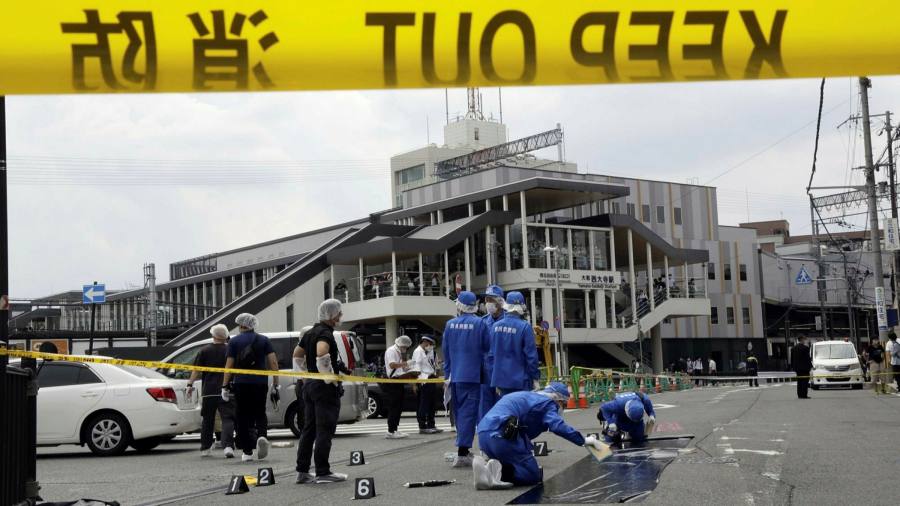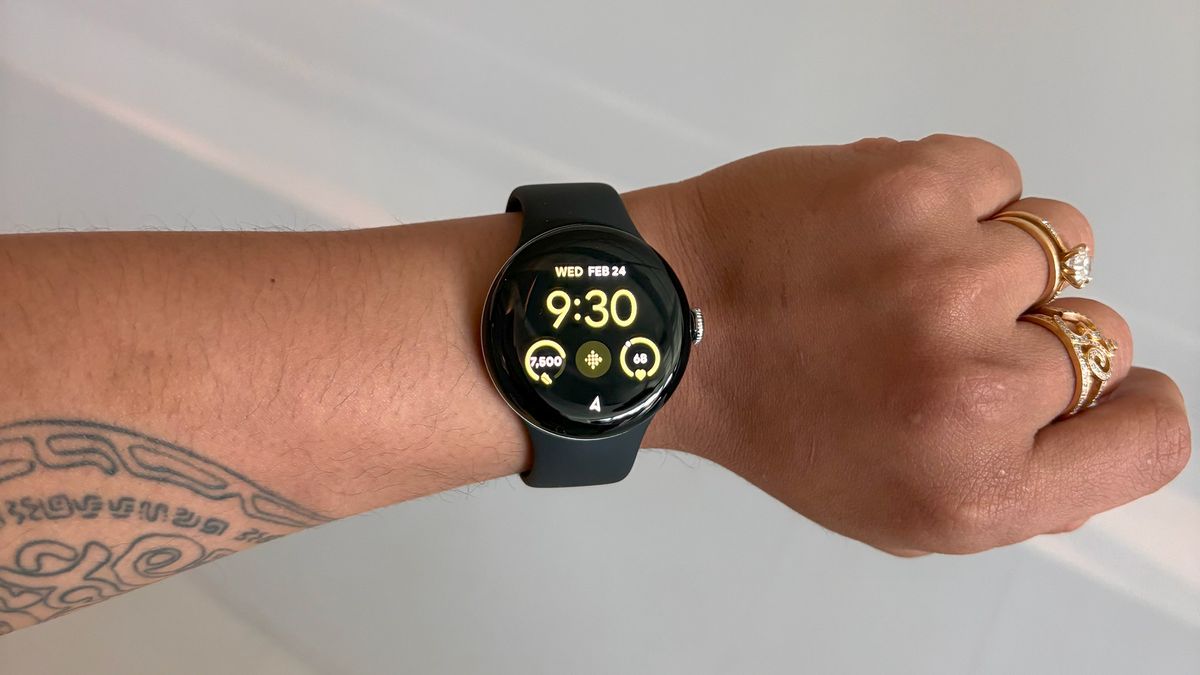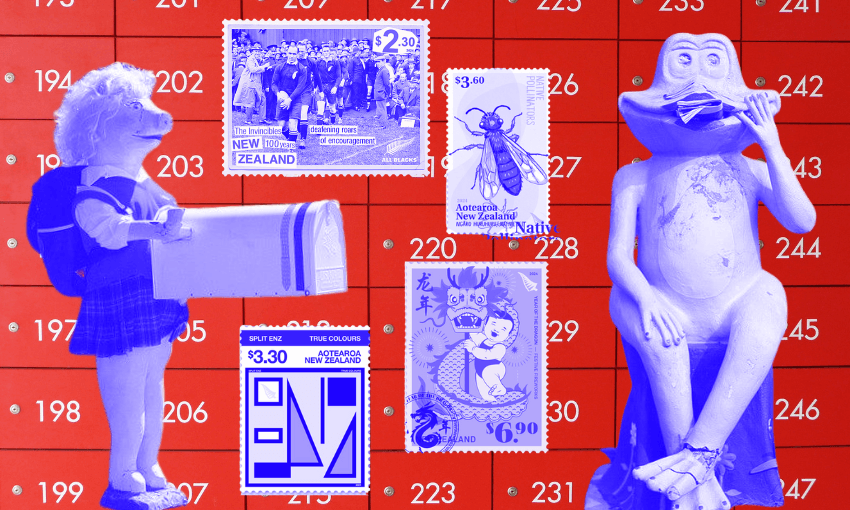The attempted assassination of former Japanese prime minister Shinzo Abe has sparked condemnation from political leaders across the world.
Abe, 67, Japan’s longest-serving prime minister who stood down in 2020, was taken to hospital on Friday after being shot in the neck and left collarbone in Nara, a city south of Kyoto.
Antony Blinken, US secretary of state, said the shooting was a “very, very sad moment”.
“Our thoughts, our prayers are with him, with his family, with the people of Japan,” Blinken said on the sidelines of the G20 foreign minister’s meeting in Bali, Indonesia.
Former US president Donald Trump, with whom Abe forged close ties, said via social media that the shooting was “a tremendous blow to the wonderful people of Japan”, adding: “We are all praying for Shinzo.”
Japan’s fellow Quad members, Australia, India and the US, were among the first to respond after the shooting. Abe was instrumental in the formation of the group, which is widely acknowledged as a partnership designed to counter China’s assertiveness in the region.
China’s foreign ministry also expressed “shock” at Abe’s shooting and hopes for his swift recovery, and extended condolences to his family.
Kevin Rudd, the former Australian prime minister, said the “apparent assassination attempt provides a sober reminder to all our democracies of how precious our freedoms are”.
“An attack on any democratically elected political leader is an attack on supporters of democracy everywhere,” added Rudd, who is now president of the US-based Asia Society think-tank.
India’s prime minister Narendra Modi said he was “deeply distressed by the attack on my dear friend” Abe.
Abe’s public support for Taiwan had strengthened since he left office in the face of rising Chinese aggression against the democratic nation.
Tsai Ing-wen, Taiwan president, condemned the “violent and illegal acts”.
“PM Abe is a good friend of Taiwan. The people of Taiwan hope and pray that he pulls through,” added Wang Ting-yu, a member of Taiwan’s parliament from the ruling Democratic Progressive party.
Charles Michel, European Council president said he was “shocked and saddened by cowardly attack on Shinzo Abe while performing his professional duties”.
“A true friend, fierce defender of multilateral order & democratic values,” Michel said. “[The] EU stands with people of Japan and [prime minister Fumio] Kishida in these difficult times.”
News of the shooting dominated Chinese social media.
The former Japanese prime minister has long been a target of Chinese nationalists. One popular Weibo comment under the news of the incident read: “Don’t forget that he visited the Yasukuni Shrine,” referring to the controversial memorial that honours Japan’s war dead, including some convicted war criminals.
Leif-Eric Easley, an international relations expert at Ewha Womans University in Seoul said the shooting was a “major shock for Japanese politics and society”.
“But Japan’s foreign policy will probably remain consistent, focused on strengthening the rules-based order with the United States and other international partners.”
Anthony Albanese, Australia’s prime minister, said “our thoughts are with his family and the people of Japan at this time”.
Additional reporting by Maiqi Ding and Arjun Neil Alim in Beijing, Nic Fildes in Sydney, Chloe Cornish in Mumbai, Peter Wells in New York, Henry Foy in Brussels





















Discussion about this post